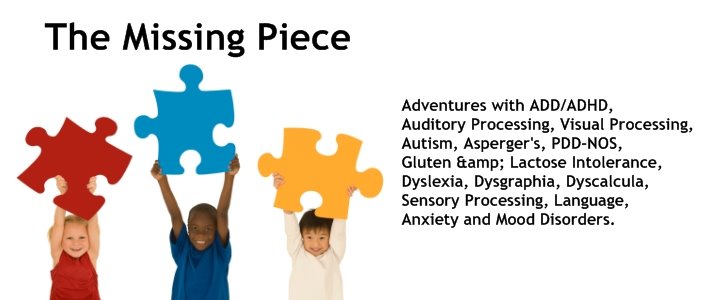In recent years, it’s
become increasingly clear that the microbes in your gut play a much more vital
role in your health than previously conceived. In fact, probiotics, along with
a host of other gut microorganisms, are so crucial to your health that
researchers have compared them to "a newly recognized organ." Some
interesting research to date includes:
1.
Behavior: A study published in Neurogastroenterology & Motility8 found mice that lack gut bacteria were
found to behave differently from normal mice, engaging in what would be
referred to as "high-risk behavior." This altered behavior was
accompanied by neurochemical changes in the mouse brain. Researchers stated:
"Bacteria colonize the gut in the days following birth,
during a sensitive period of brain development, and apparently influence
behavior by inducing changes in the expression of certain genes."
2.
Gene Expression: Researchers have also discovered that the absence or presence of
gut microorganisms during infancy permanently alters gene expression. Through
gene profiling, they were able to discern that absence of gut bacteria altered
genes and signaling pathways involved in learning, memory, and motor control.
This suggests that gut bacteria are closely tied to early brain development and
subsequent behavior. These behavioral changes could be reversed as long as the
mice were exposed to normal microorganisms early in life. But once the
germ-free mice had reached adulthood, colonizing them with bacteria did not
influence their behavior.
In a similar way, probiotics
have also been found to influence the activity of
hundreds of your genes, helping them to express in a positive, disease-fighting
manner.
4.
Diabetes: Bacterial populations in the gut of diabetics9
differ from non-diabetics, according to a study from Denmark. In particular,
diabetics had fewer Firmicutes and more plentiful amounts of Bacteroidetes and
Proteobacteria, compared to non-diabetics. The study also found a positive
correlation for the ratios of Bacteroidetes to Firmicutes and reduced glucose
tolerance. The researchers concluded:
"The results of this study indicate that type 2 diabetes in
humans is associated with compositional changes in intestinal microbiota."
6.
Autism: Establishment of normal gut flora in the first 20 days or so of
life plays a crucial role in appropriate maturation of your baby's immune
system. Hence, babies who develop abnormal gut flora are left with compromised
immune systems and are particularly at risk for developing such disorders as
ADHD, learning disabilities and autism, particularly if they are vaccinated before
restoring balance to their gut flora.
Sources
Arnold, C. (2013, 8 21). The verge: Gut feelings:the
future of psychiatry may be inside your
stomach . Retrieved
from
http://www.theverge.com/2013/8/21/4595712/gut-feelings-the-future-of-psychiatry-may-be-inside-your-stomach
Behavioural Neurotherapy Clinic. (2013). Cellular
malnutrition and intestinal dysbiosis in
autism. Retrieved
from http://www.adhd.com.au/Intestinal_Dysbiosis.htm
Campbell-McBride, N. (2010). Gut and psychology
syndrome. Medinform Publishing.
Donaldson, S. (2013, 9 12). Retrieved from
http://abcnews.go.com/Health/anxiety-head-
gut/story?id=20229136
Mercola. (2012, 12 17). “american gut” - one of the
most important health projects of the
21st century
.
Retrieved from http://articles.mercola.com/sites/articles/archive/2012/12/17/american-gut-project.aspx
Ross M.D., C. C. (2012, 10 23). The dirty on good
bacteria. Retrieved from
http://www.psychologytoday.com/blog/real-healing/201210/the-dirty-good-bacteria


No comments:
Post a Comment